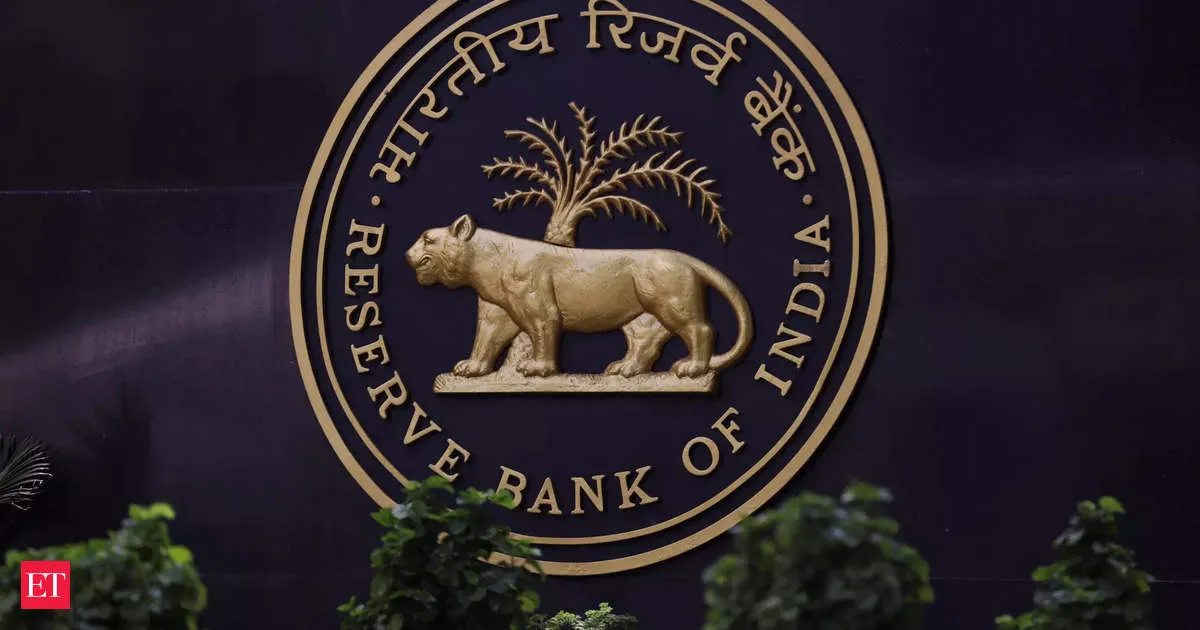Inflation, Monetary Policy, and RBI Rates Impacting India's Forex Reserves

Inflation and Its Effect on Monetary Policy
Inflation is pushing the Reserve Bank of India (RBI) to adjust its monetary policy, impacting the stability of India's forex reserves. As reported recently, India’s forex reserves experienced a sharp decline of $10.7 billion, bringing the total down to $690 billion as of October 11. This reduction raises concerns about the foreign exchange markets and the rupee depreciation.
Changes in RBI Rates and Forex Reserves
- Foreign currency assets (FCAs) saw a notable decrease of $10.5 billion, now standing at $602 billion.
- Gold reserves dropped by $98 million, amounting to $65.6 billion.
- Special Drawing Rights (SDRs) fell by $86 million, with a current value of $18.3 billion.
- Reserve position in the IMF contracted by $20 million, now totaling $4.3 billion.
The RBI continuously monitors the state of foreign currency assets and intervenes in the market to manage liquidity and prevent drastic fluctuations in the rupee. With a focus on maintaining market order and managing excessive volatility, RBI actions are crucial in navigating the financial landscape influenced by inflation.
This article was prepared using information from open sources in accordance with the principles of Ethical Policy. The editorial team is not responsible for absolute accuracy, as it relies on data from the sources referenced.